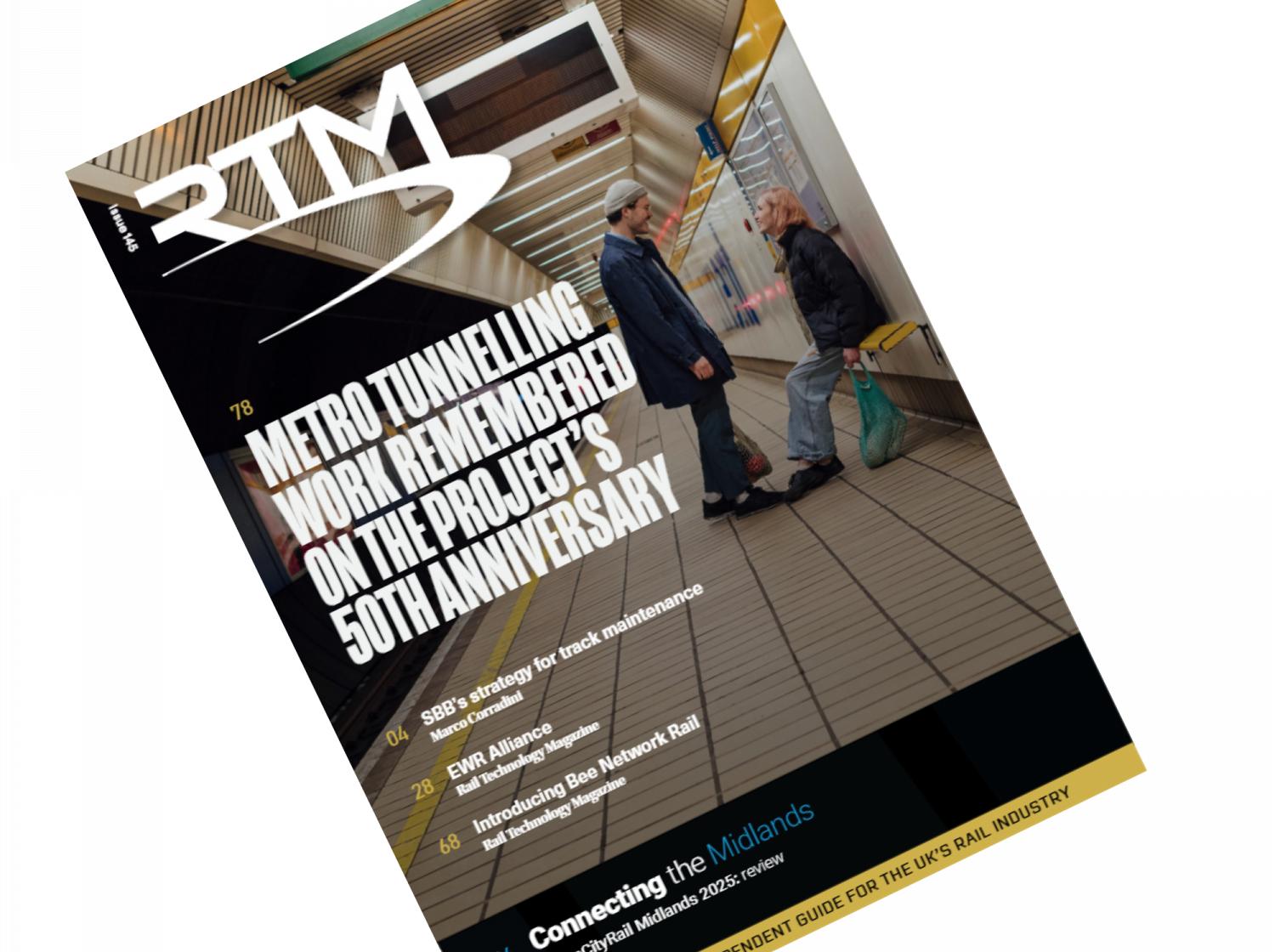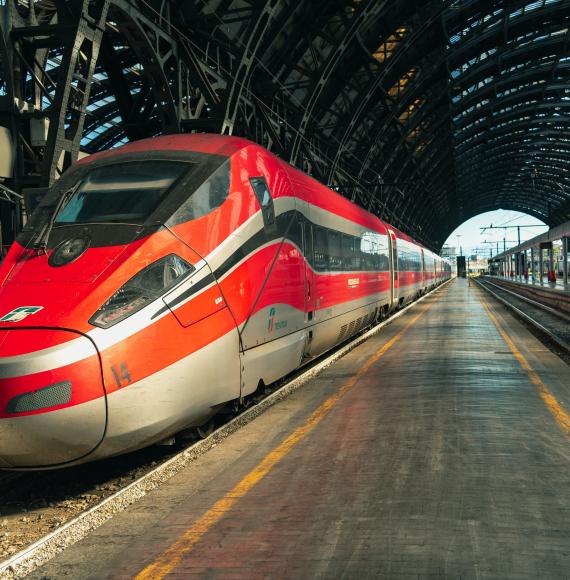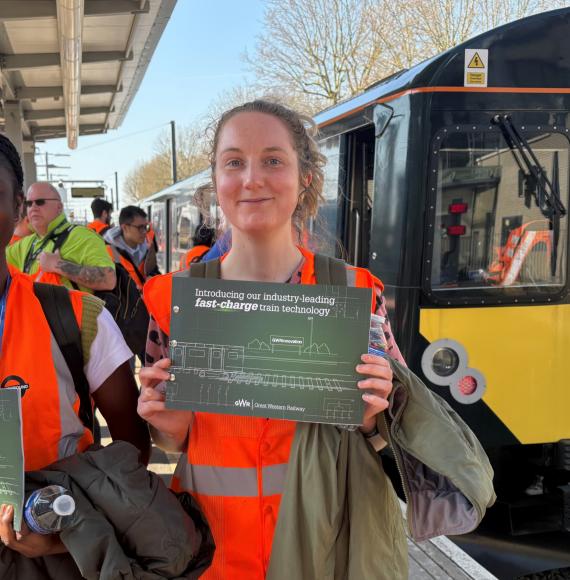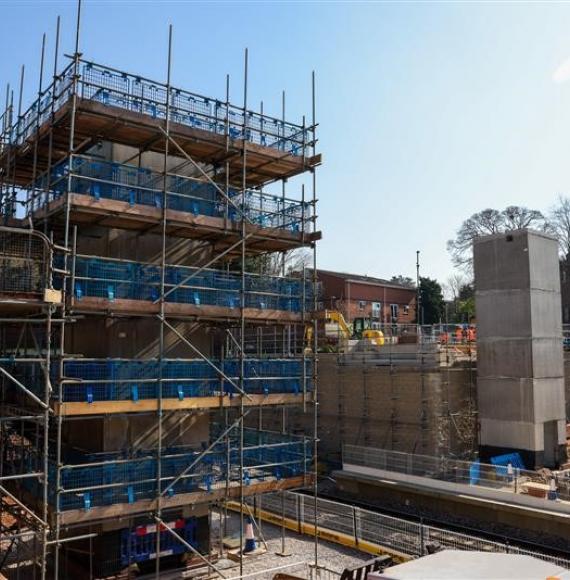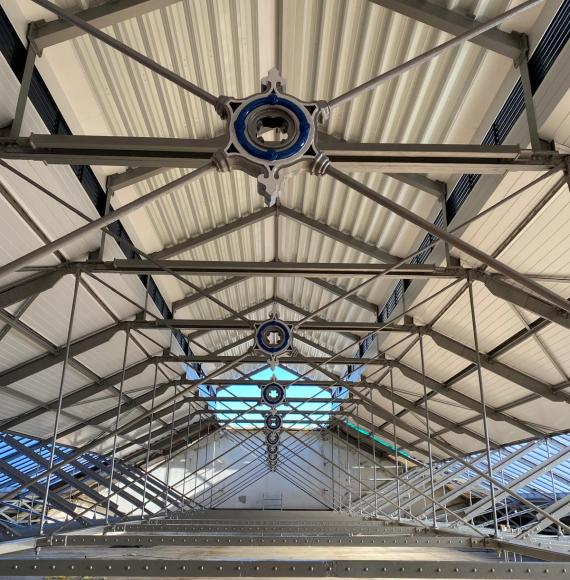Alstom has announced that it has signed an eight-year Train Services Agreement extension with CrossCountry, securing the partnership for the long term.
Valued at €950 million, the deal will see Alstom continuing with the maintenance, overhauling, servicing and cleaning of 252 vehicles in CrossCountry’s fleet at the Primary Deport in Central Rivers. This fleet currently includes 34 Class 220 Voyagers and 24 Class 221 Super Voyagers, however a further seven Voyagers will be added to the fleet once they have been released from service with Avanti West Coast.
The contract includes:
- Management of all planned and unplanned maintenance
- All overhaul activities
- Cleaning and light maintenance
- Vehicle servicing
- Service delivery support
- Vehicle cleaning
- Depot management
- Shunting
- Obsolescence monitoring and management
- Accident and vandalism repair
A collaboration team has also been established as part of the contract, with the team working to identify areas for optimisation, whilst also ensuring passenger environment quality.
Tom Joyner, Managing Director at CrossCountry, added:
“We are delighted to extend our Voyager Maintenance Contract with CrossCountry for another eight years. We have worked in close partnership since 2007, providing reliable, well-presented, and safe trains for all CrossCountry’s Customers. We look forward to working with our colleagues at CrossCountry to help them deliver a high-quality train service for the next eight years.
“We’re delighted to continue our relationship with Alstom as we embark on our National Rail Contract. Improving the onboard experience is critical to ensuring our customers view us as a long-distance operator of choice and we look forward to working closely with Alstom in the years ahead to deliver these improvements.”
As part of the agreement, the entire fleet will also be installed with an Intelligent Engine Stop Start (IESS) system, with this increasing fuel efficiency and reducing emissions and operational costs. Alongside this, the collaboration team is to continue building on the weight reduction measures that have already been undertaken to support fuel saving, with the aim of greatly reducing emissions that the fleet produces.
Image credit: iStock



